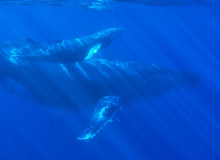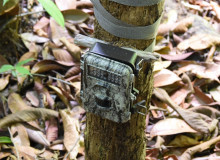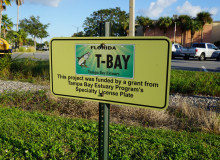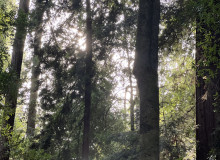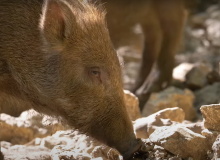science communication
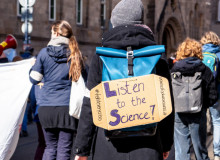
(Mika Baumeister/Unsplash License)
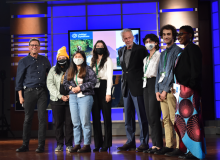
From left: Planet Forward Founding Director Frank Sesno; Leo, Operations Coordinator at Plantita Power; Jennifer Cuyuch, George Washington University, whose story covered Plantita Power; Halley Hughes, University of Arizona; Sven Lindblad; Farzona Comnas, George Washington University; Ryan Bieber, Ithaca College; and Dr. Imani M. Cheers, GW's Director of Academic Adventures. (Not pictured is Delaney Graham, SUNY-ESF.)
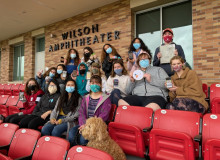
Pictured (left to right): Berkana McDowell, Eva Stanton, Alexis Hernandez, Maya Cheav, Ben Jensen, Ruby Baldwin-Smith, Veronica Warner, Max Burrous, Kate Hartshorn, Holland Hatch, Christian Grevin, Hannah Waldorf, Amy Asmussen, Kelly Ly, Hilary Lee, Dr. Richelle Tanner, Koa Tanner. (Photo by Chapman University)
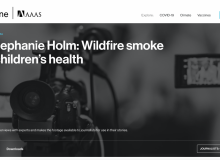
For this segment of "Experts on Camera," the third I worked on, I did everything from deciding on a topic to editing the videos together. (Screenshot courtesy of SciLine/ https://www.sciline.org/wildfires/smoke-childrens-health/)
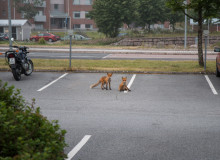
From my article, "Studies debunk ‘nature is healing’ narrative from 2020 lockdowns" (Photo by Rural Explorer courtesy of Unsplash / https://unsplash.com/license).

